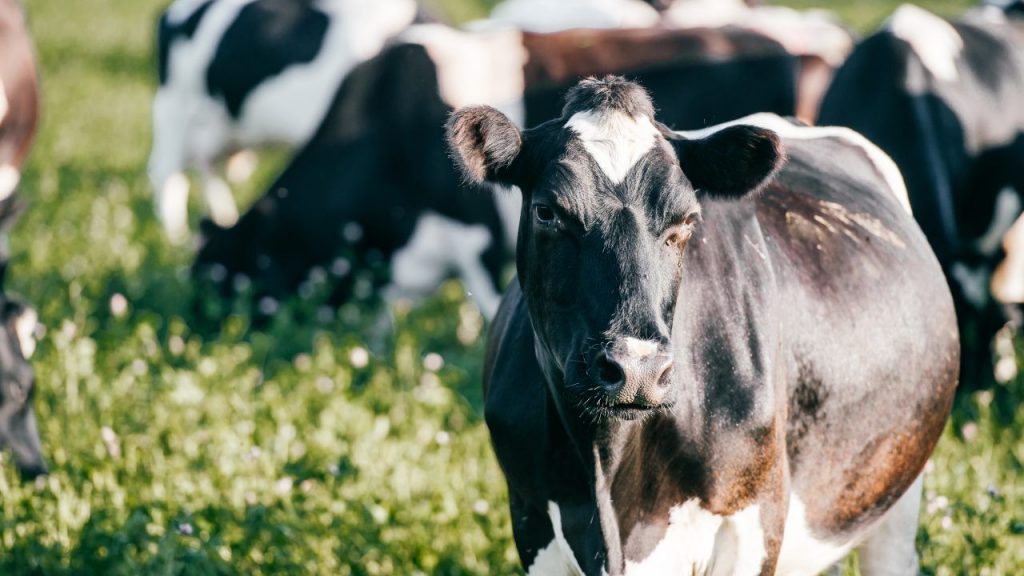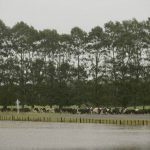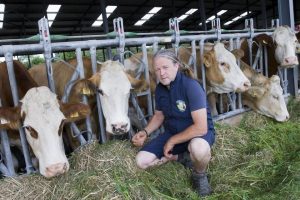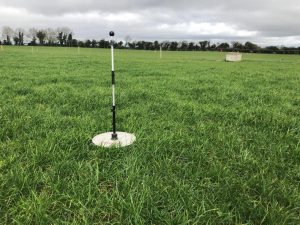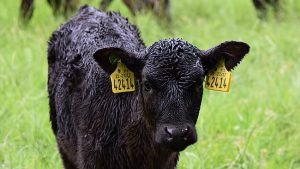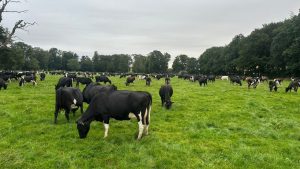
That’s according to the Irish Creamery Milk Suppliers’ Association (ICMSA), who met with Minister for Agriculture, Food and the Marine Charlie McConalogue today (Friday, February 17).
Speaking after the meeting, ICMSA president Pat McCormack said that it was “hugely disappointing that the minister intends to push ahead with banding in 2023”.
However, he also said that the minister confirmed to the ICMSA that farmers will be allowed to use their 2023 milk production on a ‘once-off’ basis to determine their band this year.
“This will obviously be of use to farmers who may find themselves in Band 3 due to being slightly over the limit based on the three-year average or the 2022 figure,” McCormack said.
Under banding, dairy cows will be given an organic nitrogen figure based on milk yield. This will be calculated on a rolling three-year average yield or based on the previous year’s yield, with the exception, confirmed today, of 2023, for which this year’s yield can be used.
Farmers are set to be told what band they are in in the coming weeks.
Despite this concession from the minister, it does not solve the issues created by banding, according to the ICMSA.
McCormack said: “We had sought this change and it will benefit some farmers, but the fundamental issue here is that many family dairy farms are going to see their economic viability seriously undermined by cow banding.
“With land prices gone to unsustainable levels to buy or lease, the cow banding change is the single biggest threat to the future of many long-standing family farm units.”
The ICMSA president said that farmers “fully accept the need to maintain and improve water quality”.
“But [we can] not understand or accept rules that may or may not improve water quality, while absolutely for certain undermining farmers’ ability to earn a living,” he added.
According to McCormack, the “sustainable and practical” course of action is for the minister’s department to announce that no farmers will be penalised in relation to cow banding in 2023.
“There will also have to be an impact assessment carried out on its social and economic implications, with the policy revised to focus on improving our position on water quality while protecting the position of farm families.
“We have to keep on stressing that those two things – family farm viability and better water quality – are not opposites, and we will continue to resist plans, like this banding, that suggest that they are,” he added.
